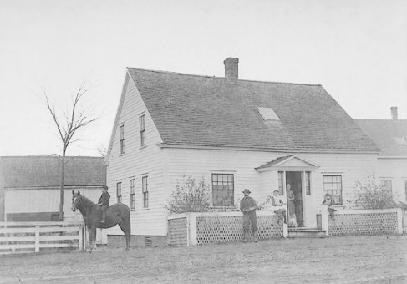Poetry is oriented not toward the accumulation of knowledge, but toward the interruption of knowledge by what Alain Badiou calls the “something new” of truth. It subverts discourse through its orientation toward radical change.
It is therefore also an invitation toward loss.
And a record of disaster. That is, of what remains “out of reach,” outside of the poem; of what “breaks every limit.”
Poetry is at once “(Write it!)”parenthetical and imperative.
The disaster is the gift; it gives disaster: as if it took no account of being or not-being. It is not advent (which is proper to what comes to pass): it does not happen. And thus I cannot ever happen upon this thought, except without knowing, without appropriating any knowledge. Or again, is it the advent of what does not happen, of what would come without arriving, outside being, and as though by drifting away? The posthumous disaster? Blanchot, The Writing of the Disaster.
I will not say that disaster is absolute; on the contrary, it disorients the absolute. It comes and goes, arrant disarray, and yet with the imperceptible but intense suddenness of the outside, as an irrepressible or unforeseen which would come to us from beyond the confines of decision. Blanchot, The Writing of the Disaster.
***

After a decade as a retreat for writers, artists and Bishop scholars, the Elizabeth Bishop House in Great Village, Nova Scotia is looking for new owners who will act as stewards to the house’s important literary heritage.